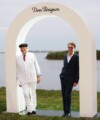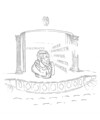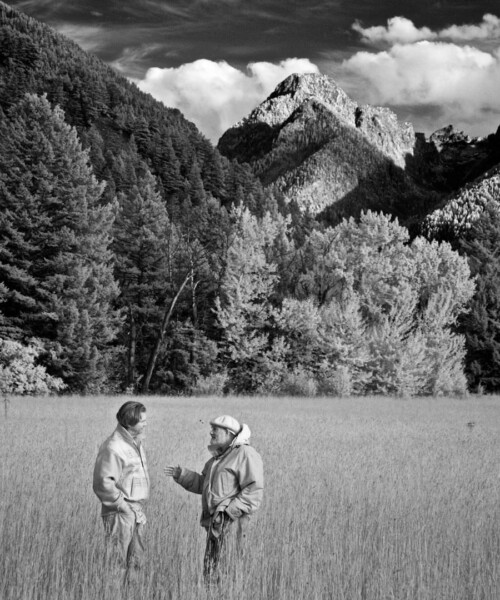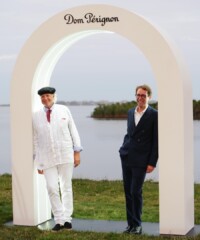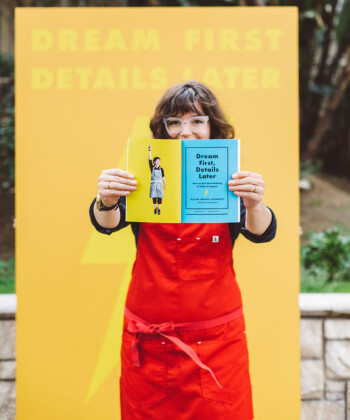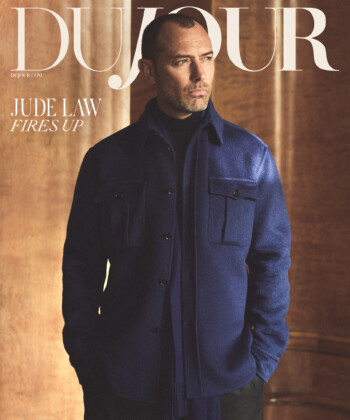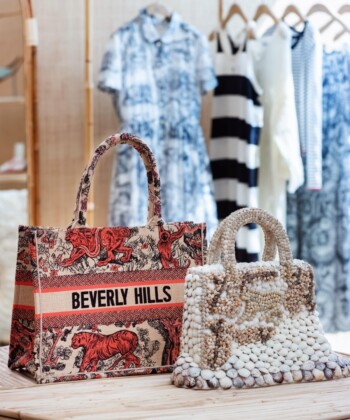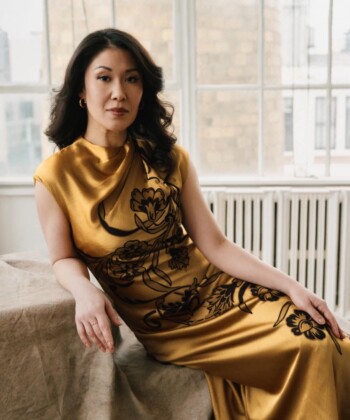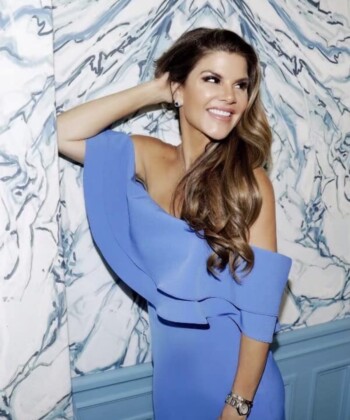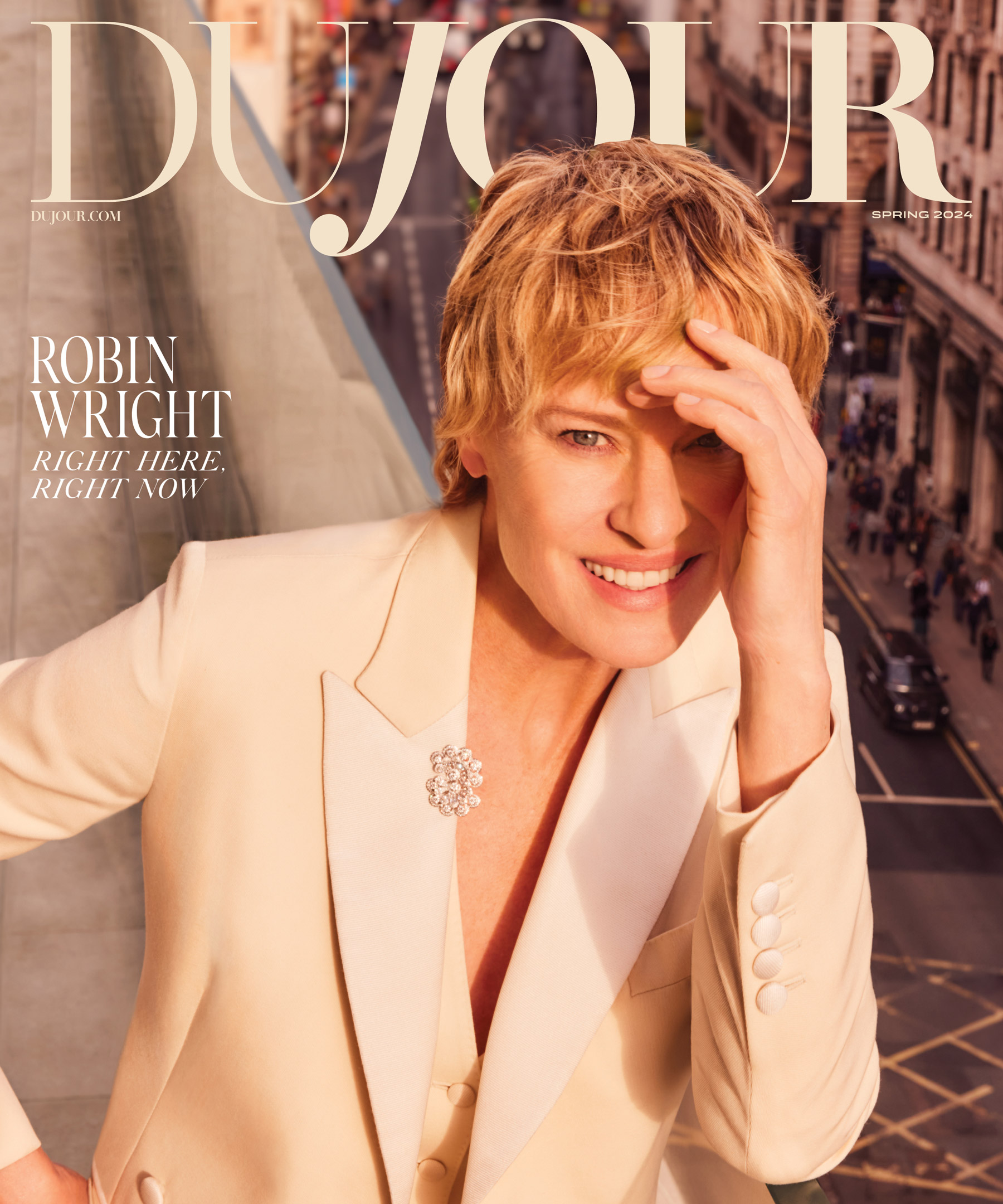 “So a Hollywood star and a Zen teacher walk into a room together…..”
“So a Hollywood star and a Zen teacher walk into a room together…..”
It sounds like the setup of a joke, but that phrase is actually a description of the team behind the new book The Dude and The Zen Master, which was written by actor and Academy Award winner Jeff Bridges and Zen teacher Bernie Glassman, a trailblazer in the field of socially-engaged Buddhism. The book is as quirky and as relaxed as its title: It’s an edited version of four days of conversation between the two about Zen teachings, movie making and the things that make Bridges and Glassman—and all of us—miserable and divided. Along the way they also talk about how to solve the latter: by aspiring to three tenets espoused by Glassman’s organizaiton, Zen Peacemakers: Not knowing and thereby giving up fixed ideas about ourselves and the universe; bearing witness to the joy and suffering in the world; and loving actions towards ourselves and others.
Here, DuJour speaks to Glassman about The Big Lebowski, the big problems in the world and what his last words would be.
How did this book come about?
Jeff and I have been studying together for around 10 years. He lives in Santa Barbara, and I lived there for about three years and that’s when we starting studying. At some point i suggested we spend a few days together, sort of a condensed study, and see if it worked for a book. We went to Jeff’s house in Montana for four days, and we just rapped. Both our feelings after we finished was it could make a good book.
Your book is The Dude and The Zen Master, and the Dude is the slacker main character that Jeff Bridges played in the 1998 cult film The Big Lebowski. The Dude, you and Jeff say, is very much a Zen figure. When did you first see the movie? What was your reaction?
I saw it before I met Jeff. I loved it, and it felt very Zen to me. I’ve been a Zen teacher for 35 years and for about 20 years, I’ve been concentrating on making the teaching more ordinary, more vernacular. The Dude is a Zen guy, and the movie is a good way to talk about Zen in the vernacular.
One of the Dude’s mottoes is “The Dude is not in.” How is that Zen?
In the Zen Peacemakers, [the nonprofit organization devoted to socially engaged Buddhism that Glassman founded], we have three basic tenets, and one of them is not knowing. That means not being attached to any ideas. It doesn’t mean I don’t have any knowledge, so of course I know that I’m Bernie. But if I’m not attached to any ideas then I’m not even attached to the idea “I’m Bernie.” In the case of “The dude is not in,” which means instead that he’s available and open to anything that comes up.
Another phrase from the movie you and Jeff talk about as being Zen is “New sh*t comes to light.” Can you explain?
As you know, Buddhism started with a guy named Shakyamuni Buddha, and his basic opinion—and I’m going to call it an opinion—is that everything is changing, that there is nothing constant and all our suffering comes about because we want something to be constant. But the reality of life is that it’s nothing but change and in a way the only constant is change. In The Big Lebowski, this basic fact of Buddhism is expressed by “New shit has come to light,” and it’s always coming to light.
In the book, you say that a good daily practice for Zen students—well, for everyone—is to take a look in the mirror every morning and laugh at yourself.
I think too many of us take ourselves too seriously. Our opinions are very important, and they’re great to share and to debate about but once we take them too seriously, we find we fall into troubles. We get into wars over them. If we could start each morning, get up, look in the mirror and just laugh, that would help. If we could take everything with a little bit of humor including ourselves, i think life would be much, much easier. As the song says, “Row, row, row your boat gently down the stream, merrily merrily…..” Merrily—that’s the key word.

Yes, that brings me to something else you and Jeff talk about in the book, that as a student of Zen, you need to learn to play freely without attachment or expectation. Can you talk about that?
My wife worked in preschool in California. On the first day of the first class, she would take her juice and spill it on herself and the kids felt totally at ease to not worry about dropping something or spilling something. It’s similar to getting up every morning and laughing at yourself. We want everything to be right instead of what we’re doing. We don’t want to show the wrong face or what we think is the wrong face to others. But it would be great if we could just look at what’s happening each moment and take that as the best we can do at that moment.
You talk about how many problems result from people clinging so strongly to their opinions and that their beliefs are better than other people’s. Isn’t that just human nature?
In my opinion, it is human nature but one can train. Zen practice is about learning to live life in the oneness of life, to see all the changes, to see all the differences and not be attached. But that’s not so simple. It takes a lot of work because we are attached to our ideas and our stuff as the right stuff so it’s more than just writing about it or talking about it. It’s what Jeff and I have been studying for 10 years, and it’s what I’ve been studying for 55 years.
There’s nothing wrong with having our own opinions but we tend to go one step further and think our club is the right one and that other people should join our club. They should be of our religion, or they should know the truths we know. That’s where the problems come in, not that we’re all different from each others. A body has hands and legs and eyes and nose. They’re all different. The problem comes in as if the nose says, “Hey, hands should be like me.” That doesn’t make sense, and we create problems that way.
Your organization is called Zen Peacemakers. How achievable is world peace?
In my opinion, it’s not achievable, so it’s the process, it’s the path you walk rather than the destination. I’m not so concerned with the goal. I’m involved in trying to bring more awareness of the interconnectedness of life and less suffering in the world so I try to do that. It’s not whether we get to a place where no one is suffering anymore. That’s utopia, and i don’t believe in that. Goals create problems, goals become expectations, and we suffer. But the taking a road to work toward more interconnectedness and less suffering, that becomes a beautiful life.
Also, my focus is to work with those who want to make these kinds of changes, and I don’t spend my time with those who don’t want to make the changes. Now others might do that, but that’s not my particular path. Scientist Jonas Salk [who developed the polio vaccine] once sat with us at the Meditation Center in Los Angeles. He said the way you make a body healthier is you inject a healthy cell into the body and that cell will replicate and after a while, the body becomes healthy. He felt that people were like that. If we and others lead a life like that and if it’s a healthy life, it will replicate. That’s the approach i take. Other people will take the approach of dealing with the unhealthy cells or the cells we don’t particularly like, but that’s not my approach.
You started a Let’s All Eat Café, a restaurant that provides a free meal every week. How’s it going?
It’s beautiful. We have one in Greenfield, Massachusetts. It’s a prototype but there are different groups that want to start others. Jeff has told me he’d like to start one in Santa Barbara. [Note: Solving the problem of food insecurity in American is a passion for Bridges, who is cofounder of the End Hunger Network and the national spokesman for Share Our Strength’s No Kid Hungry campaign.] It’s a family scene. Kids love to go and there’s music and games. There’s cooking from chefs from major restaurants and we get donations of very healthy food. The food is great, but the key thing that I was after was a place where it’s a place with dignity and where when you go in, you wouldn’t know who’s homeless and who’s poor and who’s wealthy. [It’s now called the Stone Soup Cafe.]
What else have you been doing?
I just got back from Israel, where I’m working in both the West Bank, which is Palestine, and in Israel. In israel, there’s a strong possibility I can open a Greyston mandala within an Arab village where the monies would come from, just like in Yonkers, donations, government money and a bakery. (Note: Founded by Glassman, Greyston Foundation is a network of profit and not-for-profit entities that provides jobs, housing, childcare and health to people in the Yonkers, New York, area. Its best-known source of funding is its Greyston Bakery, which supplies pastries to NYC restaurants and brownies for Ben and Jerry’s ice cream.)
On my trip I spent time in Arab villages, and the people who face the most discrimination in Israel are Arab-Muslim women—women within the Arab community have a very hard time if they don’t want to be strictly a mother and wife. We’re working on a model where some wonderful Muslim women we met could be trained to be upper management of this big firm. It would be either in an village with primarily Arab residents or in a village where a mix of Arabs, Jews and Palestinians could be in the work force. It would be great to bring the Greyston model into the international community, and it would be great to introduce a healthy model into an Arab village.
I’ve heard that you’re planning to do a “Bearing Witness” retreat in Rwanda. Can you tell me about it?
We’ve been doing a retreat in Auschwitz for almost 20 years, and people from Rwanda have attended. We plan to do our first retreat in Rwanda on the 20th anniversary of the genocide which is April 2014. In some ways, these retreats wind up having some theme and for Auschwitz, the major theme has been the diversity of humanity. That was a place where so many different kinds of people were killed—that’s one of the ways we work with people who aren’t in our club; we put them in jail or we kill them. So in Auschwitz, we bring together many, many different peoples—children of SS, officers’ grandchildren, survivors, children of survivors—who come from many countries and from many religions. That’s a big theme, working through the differences in all of us and the stuff that comes up, like guilt and other emotions.
In Rwanda, one theme for me at this point is why we continually kill folks that don’t fit our club. Everyone we’ve met so far in that country has so much sadness in the eyes, so much trauma. So we’ll be talking about forgiveness. What does forgiveness mean? That’s a place where they forgave the killers who killed the families, they went through reconciliation and forgiveness processes, but still we can go through all these processes but that doesn’t really mean we’re done with these issues. How do you forgive someone who has killed your entire family? As in these kinds of retreats, all kinds of issues arise as we’re working—but it’s just my guess that that’s going to be a big one. Where the Auschwitz and Rwanda retreats are the same is that the participants are bearing witness together: Staying with those issues until they’re in your system and we’re not separate from the issues and then we can see what comes up.
Yes, one of the things you say in your book is “Bear witness to the situation and have faith that the right thing will arise.” But how can I have faith that the right thing will arise?
It’s nice to have faith in something. I have faith that if you can approach the situation totally open and not fixed on some idea and you stay in that situation, you will become that situation and the right thing will arise. That is my faith, and if you don’t have the faith in that, then it’s a hard thing. We all tend to have faith in something. For many of us, we have faith in God. But faith means you can’t guarantee what will happen.
If people take away just one message from your and Jeff’s book, what would you like it to be?
That’s similar to a question someone else asked me, If you’re ready to die and you had a few words left, what would you like to say? What I would like is for people to realize that everything they say is just their opinion. If that’s what you get from the book, that would be fantastic, that everything is just your opinion. If 10,000 people got that, then 10,000 people would not be battling each other anymore.








